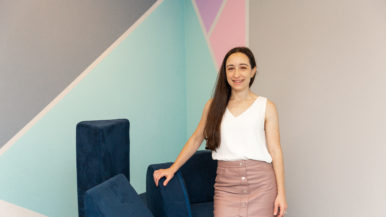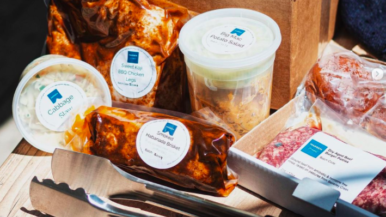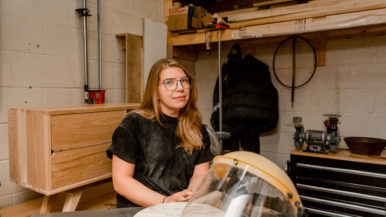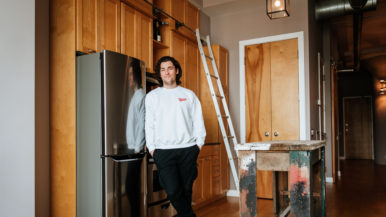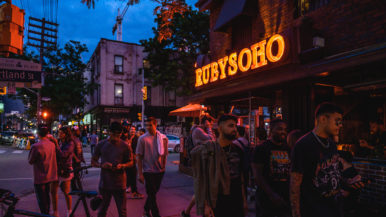“One restaurant offered free food to seniors and low-income people”: Inside Caremongering, the Toronto Facebook group for good deeds

When the pandemic hit, my good friend Mita Hans, a social worker who helps seniors in community housing, realized that an elderly neighbour of hers wouldn’t be able to do what a lot of other people were doing to prepare. She didn’t have the mobility or the financial means to go out and stock up. So Mita said, “You shouldn’t be going out; is there anything I can do to help?” The neighbour said, “You’re scaremongering, stop trying to frighten me.” And Mita said, “I’m not trying to scare you. I care about you.”
That’s when the idea came to her: what if we start a Facebook group that will help marginalized people connect with each other and help each other, a group that will create a respite from anxiety? She called it Caremongering. The tagline was “None of us without all of us.” She reached out to a group of seven friends to help, including me. I do a lot of online work—I’m an account manager for a third-party rare book dealer called Paper Cavalier—and I became the mouthpiece for the group. Mita and I have been in the activist trenches together for a few years now. I grew up in Chile and came to Canada in the mid-’80s during the dictatorship of Augusto Pinochet. My husband and children, as well as Mita’s partner, are Plains Cree, and we do a lot of work to support self-determination for Indigenous nations.
We put a call out to people saying, “Hey, if you’re in need of anything, let us know and we’ll see if we can connect you on this platform.” It was an open group, and awareness spread just through word of mouth. People immediately came on to say: “I couldn’t find any toilet paper, and I can’t go out again because I’m immunocompromised.” And someone else would then respond, “I can bike it over to you.” From there it just evolved.
We’ve had diabetics looking for alcohol wipes to sterilize the area where they check their blood sugar. We’ve had young moms looking for diapers and formula. It’s like a tug of war, in a way—it breaks your heart but it also re-establishes a link to community for these people, which is a beautiful thing. We’ve also had an ICU doctor, Shankar Sivananthan, who came onto the group in his off hours to answer any questions people had. He answered hundreds of questions. After he scrubbed down and got home, he just kept doing community outreach, kept helping people. Over a million people favourited his posts. And a restaurant in Ajax, Flavours, offered free food to seniors and low-income people. They’re losing money right now, and they’re feeding people. That, to me, is the epitome of what community should be. That is priceless. Carlton Cards also reached out to us and asked if they could donate cards to people who are isolated or elderly, who need some love. It’s so beautiful.
When we started the group, we thought there would be a few dozen people. As of right now, we have 19,523 members, with a thousand more joining every day. There are now 35 Caremongering groups around the world, in South Africa and Switzerland, and more forming every day. It’s been like a wildfire—in a good way. When this is all over—and it will get better, it’s got to—maybe we’ll be able to leverage all this growth to effect some meaningful legislative change that helps people who are at risk. You know, people have been suffering for a long time, before this crisis. We’re at a point in our history where so many people have lost hope for a better future for our kids.
But this gives me back some of that hope. We’ve shown that there’s an enormous potential for compassion and love. It makes me feel hopeful that more and more people will understand that everyone deserves to have their basic needs met, be it shelter, food, healthcare, education. We are all in this together.
